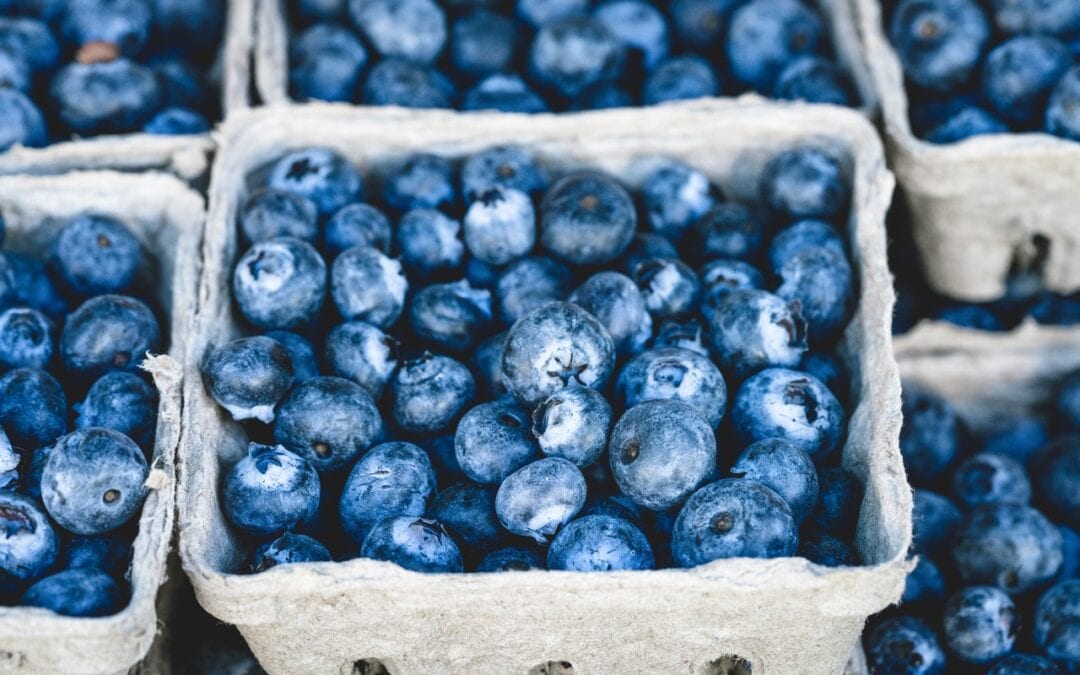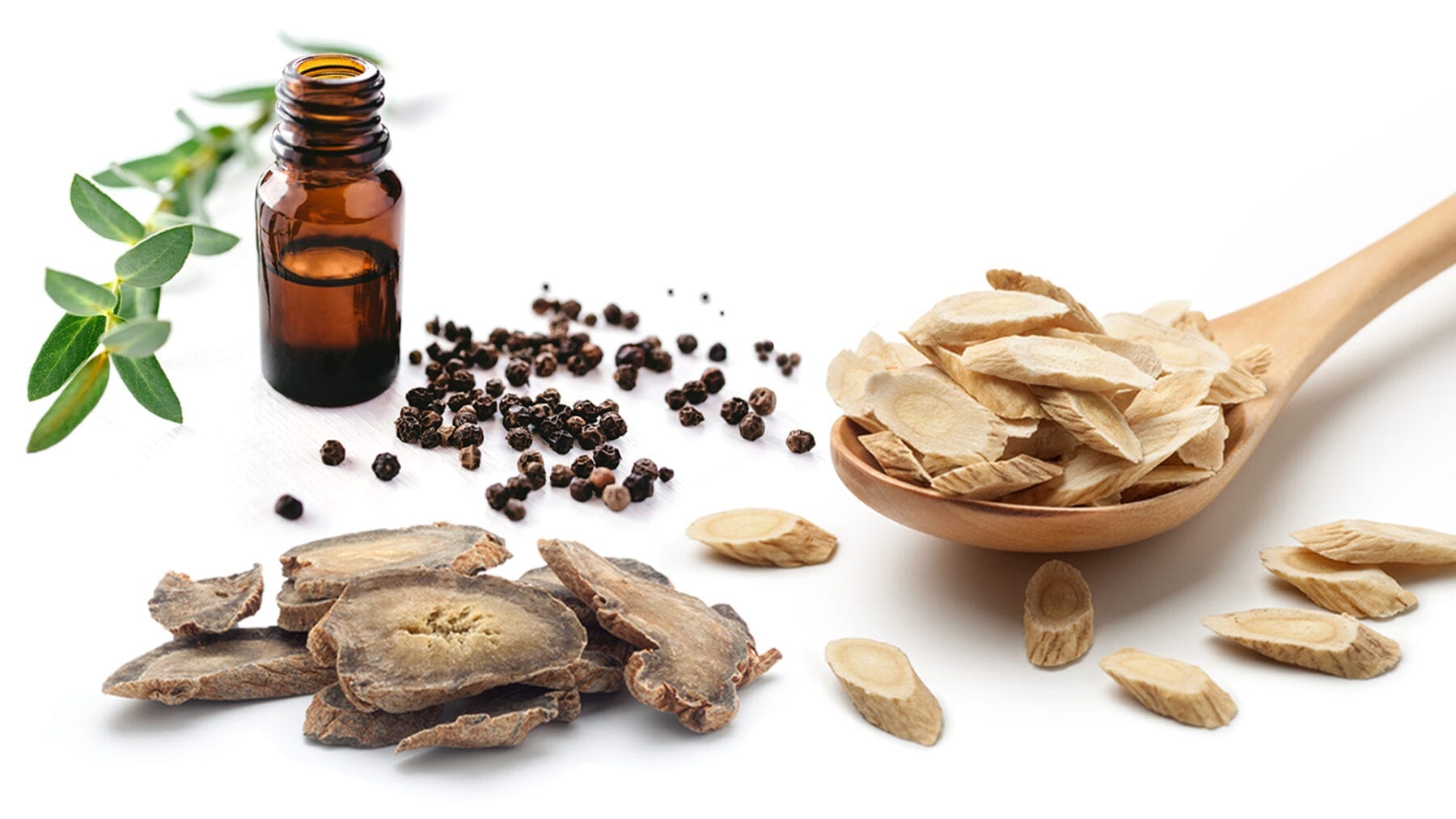
Foods That Support Brain Health

Written by Dr. Mudassar Javed
Medical Officer (MBBS)
CATEGORIES
View All
BioWOW Foods® Safety/Quality
Full-Body Workouts
Healthy Eating
Joint Health
Self-Care Strategies
Supplements Guide
Featured Videos
Food Choice is Important for Brain Health:
Aging is a simple fact of life. We cannot deny that, with age, our body functions decline gradually. With the decline of body functions, intellectual abilities also get reduced. As technology advances, we have found that there are natural foods that can boost brain health. [1]. Based on investigations, the biochemical activity inside a neuron (ex: its synaptic plasticity) can be influenced by diet. Our diet serves as a source of energy and building material for our body. Recent studies have revealed that the right choice of food with growing age can play an important factor in maintaining our brain health. [2]
Natural Foods That Support Brain Health:
Some natural foods that can enhance mental health:
1.) Blueberries also are known as ‘brain berries’ can reduce the oxidative stress on the brain and can be helpful in Alzheimer’s disease or dementia.
2.) Wild salmon have omega-3 fatty acid essentials that provide anti-inflammatory substances.
3.) Nuts and Seeds contain vitamin E, which acts as anti-oxidants.
4.) Avocados contain monounsaturated fat that enhances blood flow to the brain.
5.) Whole grains
6.) Beans
7.) Dark chocolate also proves to be beneficial for brain health. [1]
Vitamins That Support Brain Health:
Vitamins and minerals are considered essential nutrients because they work synergistically, performing hundreds of functions in the body. They help strengthen bones, heal wounds, and bolster your immune system. They also convert food into energy, repair cellular damage, and can even boost brain health. Here are the roles of some popular vitamins:
1.) Vitamin B12 has a role in cognitive functioning and memory formation. Studies show that an adequate amount of vitamin B12 is essential for normal memory function and shows improvements in patients with dementia. The natural sources of vitamin B12 are poultry and fish.
2.) Vitamin E, a well known anti-oxidant present in nuts, spinach, and blackberries, is important for brain health, as it aids in memory formation. [3]
Natural Extracts That Support Brain Health:
Plant extracts and food derived from plants can boost brain health as you age. Here are the roles of some popular plant extracts:
1.) Curcumin obtained from Turmeric shows a role in the treatment of arthritis, Alzheimer’s disease, and improving the cognitive function after injury.
2.) Flavonoids present in green tea and citrus fruits have a role in improving cognitive functioning in the elderly.
3.) Calcium, Zinc, and Selenium obtained from beans, nuts, almonds, whole grains, and sunflower seeds, play a role in higher cognitive function. [4]
Interested in trying the health benefits of Curcumin from Turmeric for yourself? Advanced High Absorption Curcumin Boswellia Complex for Arthritis Pain is BioWOW’s premier Curcumin from Turmeric supplement and is designed to deliver all the benefits you just read about.
At BioWOW, our mission is to help people live healthier & happier lives by creating industry-leading all-natural products and cutting-edge health content. Visit our online store for a complete list of our 100% standardized all-natural medically researched supplements for boosting your health.
—
References:
1.) Sorgen, Carol. n.d. “Eat Smart for a Healthier Brain.” WebMD. Retrieved August 11, 2020 (https://www.webmd.com/diet/features/eat-smart-healthier-brain).
2.) Gomez-Pinilla, Fernando. 2008. “Brain Foods: The Effects of Nutrients on Brain Function.” Nature Reviews. Neuroscience 9(7):568-78.
3.) Anon. 2014. “Brain Vitamins: Can Vitamins Boost Memory?” Healthline. Retrieved August 11, 2020 (https://www.healthline.com/health/dementia/vitamins-memory-loss).
4.) Blaylock, Russell L. and Joseph Maroon. 2012. “Natural Plant Products and Extracts That Reduce Immunoexcitotoxicity-Associated Neurodegeneration and Promote Repair within the Central Nervous System.” Surgical Neurology International 3.

Written by Dr. Ahmed Chaudhry
Medical Doctor in Neurosurgery






